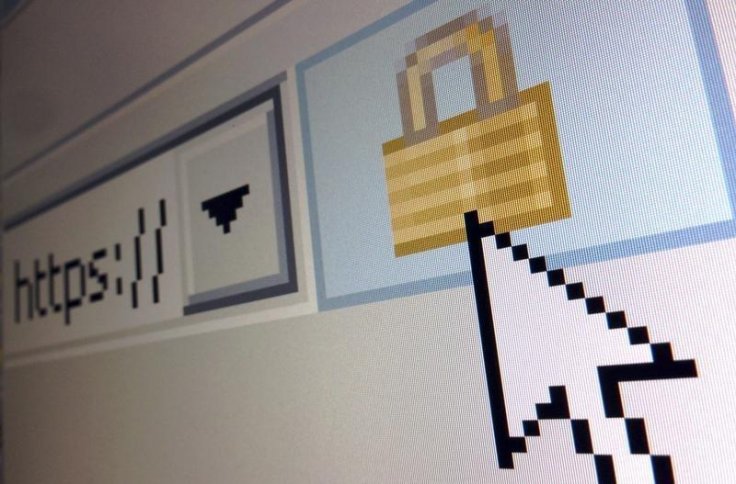
As 2018 begins to unfold, cybersecurity firm McAfee tried to look into the disparity between cybersecurity concerns and behaviours of consumers in a new survey, and found that 61 per cent of consumers are more cautious of their online presence today than five years ago. However, a more interesting fact revealed that only a few of them take proactive steps to safeguard themselves from potential cyber attacks.
About 34 per cent of consumers in Singapore put identity protection on top of their priority, followed protection of privacy, connected devices, data and connected home devices. Despite the awareness, only 23 per cent of individuals seek help to protect themselves from identity theft, McAfee discovered in its survey titled 'New Security Priorities in an Increasingly Connected World.'
Also read: Ransomware attacks could take over cyberspace in 2018, say experts
"2017 was a big year for cybercriminals taking advantage of security holes in corporate networks and downloading lots of personally identifiable information about consumers, and there's no sign of these attacks slowing down," says Gary Davis, McAfee's chief consumer security evangelist, in a statement.
Most common ways used in keeping tabs on their identity include checking online bank and credit card accounts for unauthorised charges (66%) and using credit monitoring services (18%). While these methods can be effective, Davis warns that these consumers will remain vulnerable to fraud.
Given the sizable knowledge of Singaporeans on the greater dangers online and, ironically, the reluctant preemptive measures taken, or none at all, Davis highly recommends citizens to be on their guard against the evildoings around the cyberspace.
"It is now more important than ever for consumers to stay vigilant and take the necessary precautions to help safeguard their online identity and digital lives," warns Davis.
A total of 6,400 respondents from the US, the UK, Australia, France, Germany and Singapore participated in the survey.









